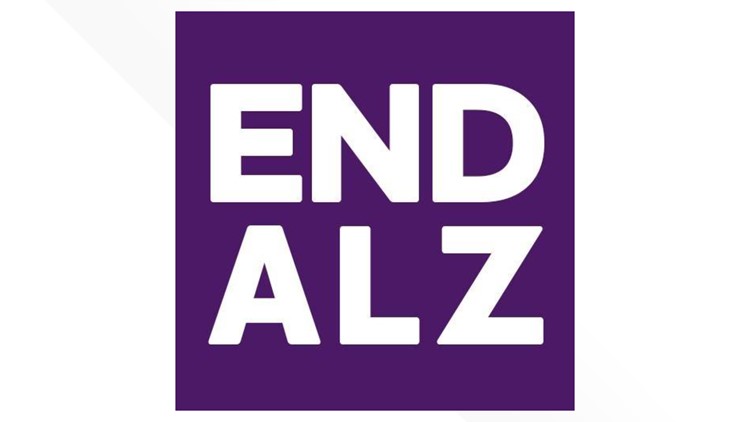COLUMBUS, Ohio — For most of their adult life, Americans work to save for retirement. Can you imagine your bank account becoming depleted with your life savings gone in seconds?
The Alzheimer's Association says this happens all too often to older Americans. According FBI statistics, Americans over 60 lost more to internet crime in 2020 than any other age group at nearly $1 billion.
Seniors are targeted the most because they have more assets and a generational tendency to be more trusting and polite and are less likely to report the crime because of potential embarrassment.
The pandemic has only made things worse, and those in the early stages of dementia are even more vulnerable.
"The disease by nature causes people to withdraw. When someone calls, they are eager to talk to them and they are easily deceived into thinking these people are their friends," said Melissa Dever, Alzheimer's Association Program Director.
To combat this, the Alzheimer's Association and the Attorney General's Office is teaming up to present a virtual "Senior Scams" program on May 10 from 6 p.m. to 7:30 p.m. Call 800-272-3900 for the Zoom link to attend the free event.
The program will outline common scams and ways to avoid them.
Frequently-used tactics by scammers include the grandparent scam, in which the caller pretends to be a grandchild with an emergency need for money; the computer repair scam, requesting remote access to your computer; the income tax scam, claiming you owe back taxes; the romance scam, in which the scammer cultivates an online relationship; and the prizes/sweepstakes scam, asking for advance fees or taxes in exchange for receiving a prize.
Consumers should watch out for any calls, emails or pop-ups requesting wire transfers, prepaid money cards or gift cards, requests for personal information, pressure to act immediately and insistence on secrecy.
Don't answer an incoming call if you don't recognize the number. Families should also consider getting involved in finances the moment they begin to notice issues with cognition.
"During the early stages of dementia, individuals are at a great risk of becoming victims to a scam, as their reasoning, decision-making ability and discernment are greatly affected," said Dever.
Dever says the psychological blow of being scammed can be as severe as the financial losses, because "it makes them feel even more incapable of caring for themselves and adds to their depression and poor self-image."
The Alzheimer's Association 24/7 Helpline at 800-272-3900 has trained staff ready to answer any questions that family members have about their loved ones with dementia or Alzheimer's.



